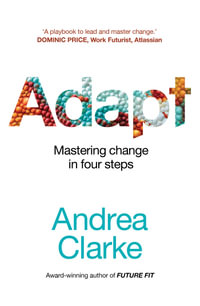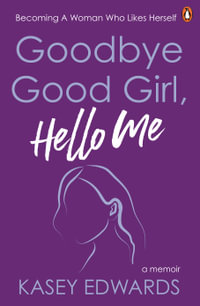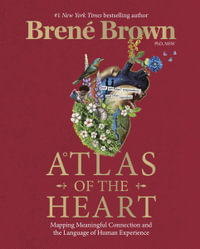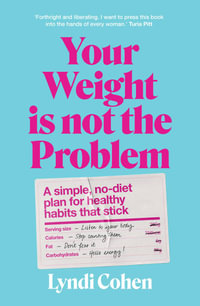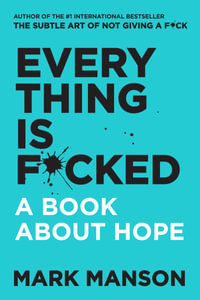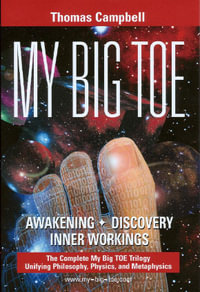
From Paralysis to Fatigue
A History of Psychosomatic Illness in the Modern Era
By: Edward Shorter
Paperback | 7 June 1993
At a Glance
Paperback
$68.50
Aims to ship in 10 to 15 business days
When will this arrive by?
Enter delivery postcode to estimate
ISBN: 9780029286678
ISBN-10: 0029286670
Published: 7th June 1993
Format: Paperback
Language: English
Number of Pages: 420
Audience: General Adult
Publisher: Free Press
Country of Publication: US
Dimensions (cm): 22.86 x 15.24 x 2.79
Weight (kg): 0.67
Shipping
| Standard Shipping | Express Shipping | |
|---|---|---|
| Metro postcodes: | $9.99 | $14.95 |
| Regional postcodes: | $9.99 | $14.95 |
| Rural postcodes: | $9.99 | $14.95 |
How to return your order
At Booktopia, we offer hassle-free returns in accordance with our returns policy. If you wish to return an item, please get in touch with Booktopia Customer Care.
Additional postage charges may be applicable.
Defective items
If there is a problem with any of the items received for your order then the Booktopia Customer Care team is ready to assist you.
For more info please visit our Help Centre.
You Can Find This Book In
This product is categorised by
- Non-FictionMedicineClinical & Internal MedicineDiseases & Disorders
- Non-FictionPsychologyPsychological Theory, Systems, Schools of Thought & ViewpointsBehavioural Theory & Behaviourism
- Non-FictionSociety & CultureCultural Studies
- Non-FictionMedicineOther Branches of MedicineClinical Psychology
- Non-FictionSelf-Help, Personal Development & Practical AdvicePopular Psychology
- Non-FictionMedicineMedicine in General

